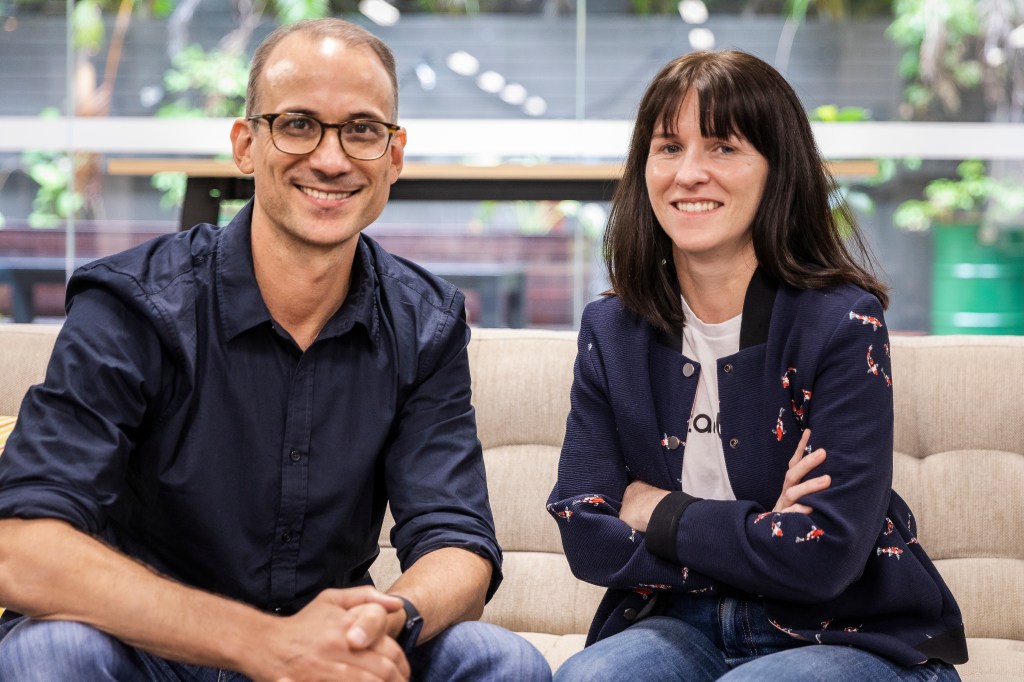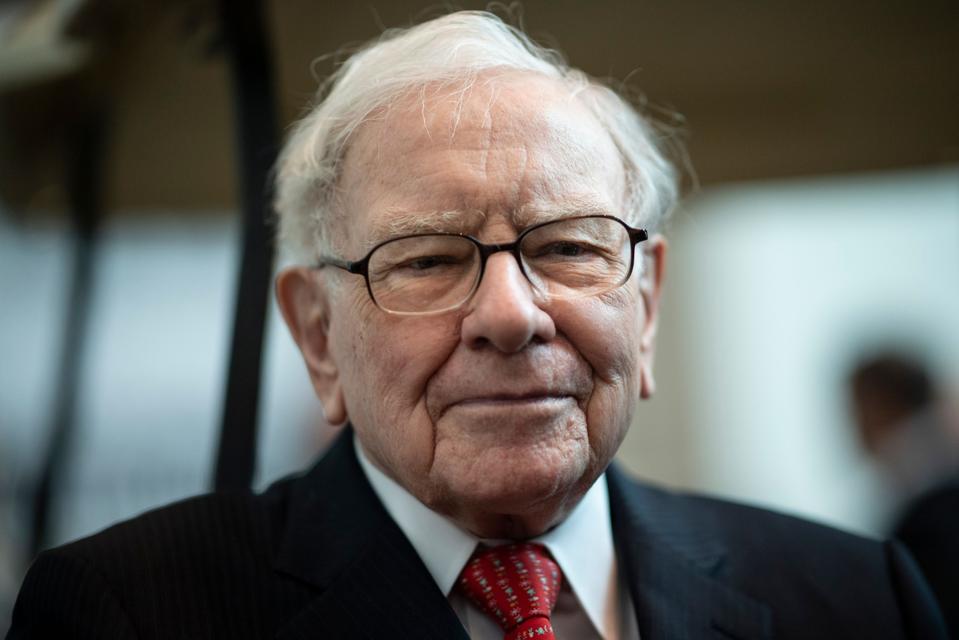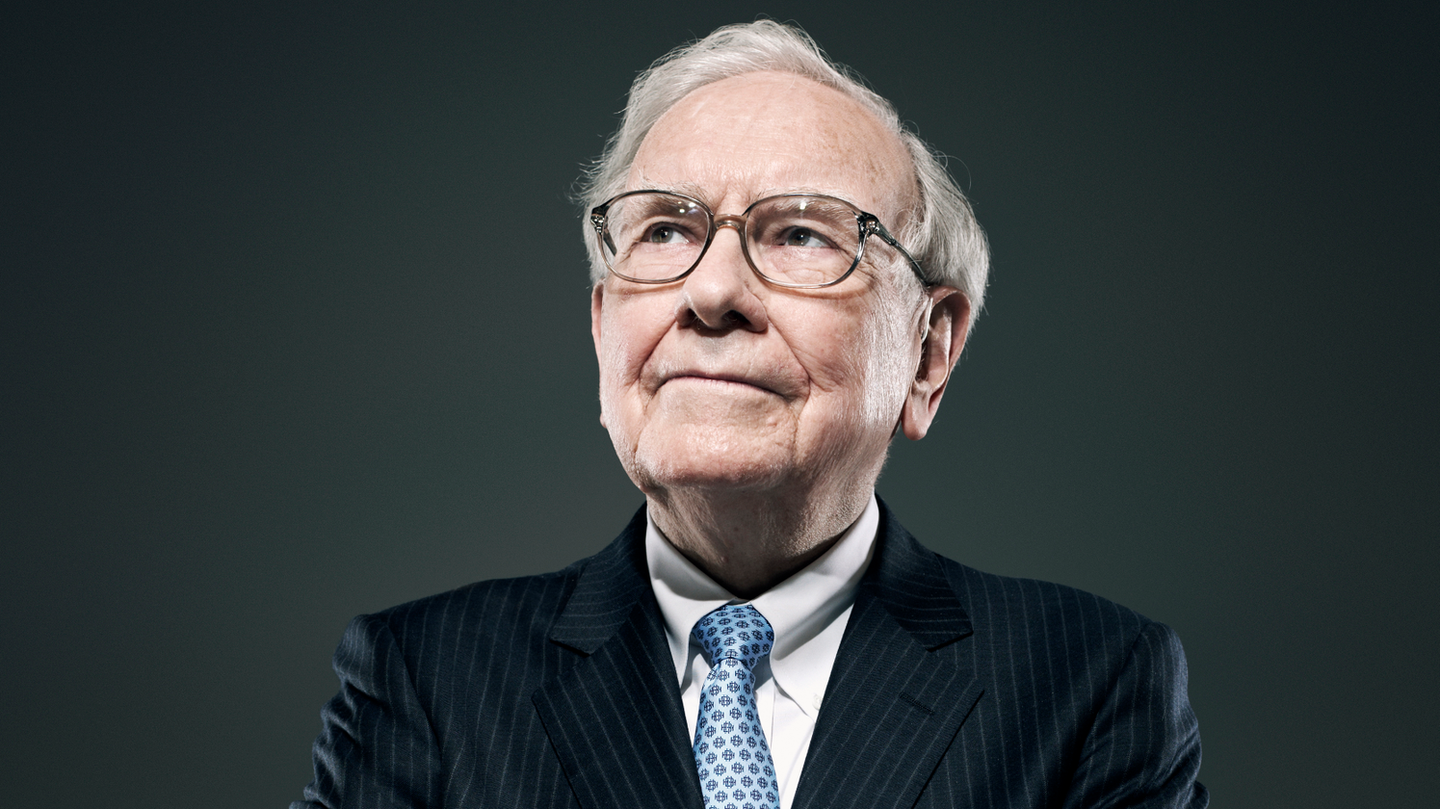The founders of banking software platform Constantinople have raised a $32 million seed round – the largest in Australian history.

Macgregor Duncan and Dianne Challenor ventured down similar paths in life – both worked in the banking industry, both lived overseas and both harboured ambition to launch their very own company.
Duncan, from Adelaide originally, worked across banking, technology and private equity throughout Silicon Valley before moving to Sydney in 2017 to become chief development officer at Westpac. That’s where he met Challenor, who has an equally impressive resumé – she’s worked in global banking in Hong Kong and Sydney at companies like Citibank and JPMorgan Chase.
Challenor and Duncan crossed paths when they were tasked with building out Westpac’s new digital banking-as-a-service (BaaS) platform with cloud-native tech company from the UK, 10x. When the two finished up, they started to think about the kind of business they would want to build.
“It was just the odd cup of coffee over the Christmas holidays and into January where we started to think about what we wanted to do, where the market opportunities were and how to bring together our collective expertise,” Challenor tells Forbes Australia.
In 2022, they landed on it: Constantinople. It would be a new software and operational platform to help banks with legacy technology become more efficient. The product is an all-in-one operational platform that provides banks with a fully-managed platform service covering customer experience, banking products, supporting infrastructure, operations, servicing and compliance. Rather than thinking about it like a “bank-in-a-box”, Duncan says it’s the beginning of what will be a global software company that completely reshapes the banking industry worldwide.
Related
“If you look at any bank, approximately 10% of their cost base is technology. But 60 to 70% of their cost base is people, because people are doing all of the operational processes that a bank needs to run itself,” Duncan says.
“The key difference with what we’re doing is using software to run those operational activities. It’s a SaaS platform. Banks don’t need to run all of this infrastructure and operational services – they put their customers on our platform and they pay a SaaS fee rather than manage the capabilities themselves.”
By way of fees, Duncan explains the company’s model involves no upfront capex or implementation fees – much like any other SaaS company, there’s a SaaS fee payable for use of the platform. For regional or smaller banking players, this could lead to a radical change in cost structure and enable a bank’s long-term viability, Duncan says.
And given the operational management-side of Constantinople, Duncan says clients will have the opportunity to re-jig their workforce in a more cost-effective way. “Today, people are doing back-office operations that are undifferentiated with customers. What we’re now saying is, ‘We can manage all of that. You can redeploy your people to do things that customers care about – you can put people into the community to spend time with your customers. You can have people focused on customer acquisition.”
In May, Duncan and Challenor finalised Constantinople’s US$23 million (AU$32 million) seed round, which is the largest in Australian start-up history according to funding tracker Crunchbase. The round was led by Square Peg, with participation from Airtree Ventures and Great Southern Bank – the latter is also Constantinople’s first client bank.
It’s a big raise, but building out Constantinople is a big task, Duncan says. They’re essentially building the “Shopify for banks”.
“We have an ambition to try to create a very large Australian-based software company. From an investor perspective, I think they were attracted to the ambition and the size of the opportunity.”
Macgregor Duncan
On their funding partners, Duncan says the joke in the office is this: “We made three good decisions early on in the life of the company. They were: Square Peg, Airtree and Great Southern Bank”. The scale of the seed round reflects the scale of the business’ opportunity, Duncan adds.
“The addressable market is extremely large. We have an ambition to try to create a very large Australian-based software company. From an investor perspective, I think they were attracted to the ambition and the size of the opportunity.”
Square Peg co-founder Paul Bassat says it verbatim: “We love backing ambitious founders, and Mac and Di are the very definition of exceptional founders tackling problems at a global scale. Constantinople continues to build at an incredible pace, and our conviction in their ability to transform and simplify how banks operate continues to grow.”
The 60-strong team was also a major selling point, Duncan says. There are approximately 45 engineers on Constantinople’s books and some serious banking expertise from Challenor and Duncan themselves which attracted AirTree partner James Cameron.
“The quality of the Constantinople team is something to behold,” Cameron says. “Constantinople has been a standout to us right from the start because of the way they’re using code to remove the complexity of banking. We’ve been amazed at the speed with which Constantinople has built and executed and we’re excited to see the platform now come to market.”
Over the next 12 months, Constantinople is focused on rolling out Great Southern Bank’s business bank using its platform and continuing conversations with prospective clients. They have a significant capital runway which helps reputationally.
“For banks who are moving their entire business onto our platform, they want to know that we’re well capitalised, that we have institutional gravitas.”
Look back on the week that was with hand-picked articles from Australia and around the world. Sign up to the Forbes Australia newsletter here or become a member here.



